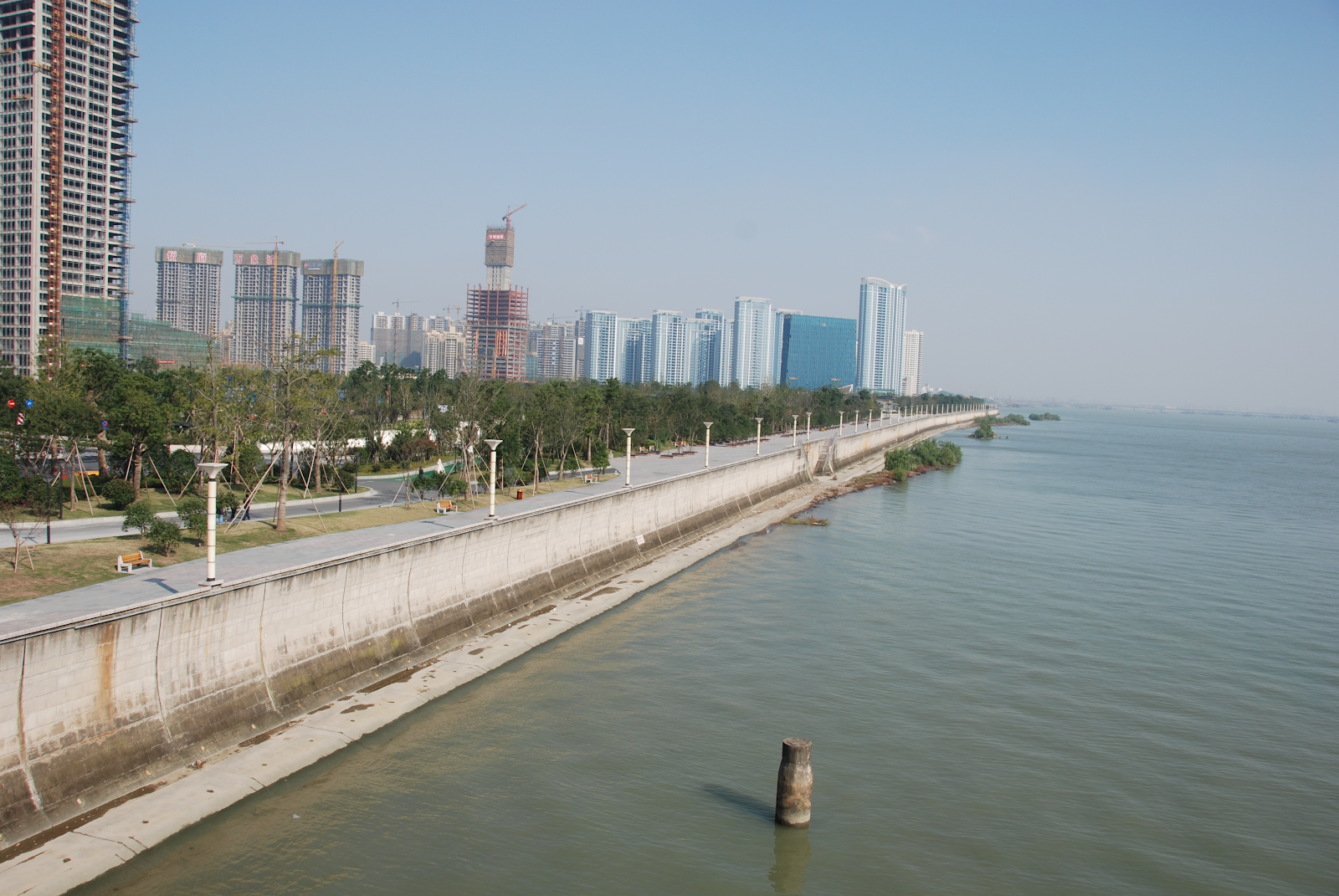Brief description and recommendations for disaster prediction and response measures in Hangzhou
The People's Government of Hangzhou has adopted a series of defence and mitigation measures against natural disasters and has formed an effective disaster response system.
The city's most frequent hazards are floods and typhoons. In response, the city government has built a large number of flood prevention and drainage projects and created green belts on both sides of rivers for ecological flood control.
Furthermore, various climate and geological monitoring stations have been established to enhance the city's disaster prediction capabilities. The Hangzhou Emergency Management Bureau has successfully issued 12,736 weather risk forecasts and warnings for meteorological disasters until July 2021, leading citizens to avoid 2,720 hazardous situations. The accuracy rate of forecasted catastrophic weather reached 80%, with an advance of 35 minutes for warnings of sudden weather disasters such as heavy rain and winds (Hangzhou Comprehensive Disaster Prevention and Mitigation Plan 2021).
However, the extreme weather and natural disasters resulting from climate change in recent years have proven that cities are never sufficiently prepared to predict and resist natural disasters. Hence there is a necessity to improve the city's post-disaster recovery capacity. At present, the Hangzhou government conducts post-disaster recovery primarily through the management and deployment of emergency supplies and labour resources, which have two major issues.
Firstly, the government's governance capacity can also be affected by disasters, so there are often problems with the untimely distribution of supplies and unreasonable personnel allocation. Secondly, there is insufficient cooperation with the local population. Local residents are usually the most willing to participate in recovery efforts, yet given the challenges of mismatched professional abilities and low levels of management, the government prefers to reject large-scale participation by individuals and civic organisations. This is a discouragement to enthusiasm for urban recovery and does not make good use of the advantages. Therefore, it is recommended that the Hangzhou government undertake a digital transformation to improve management and establish a specific mechanism for the participation of individuals and civic organisations in urban recovery efforts.




评论
发表评论